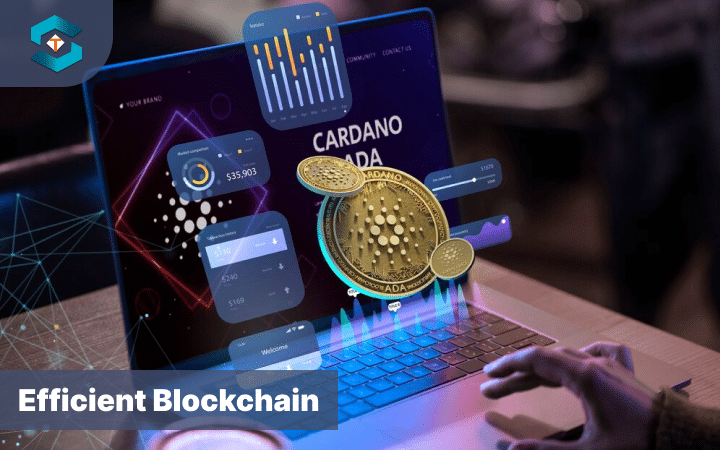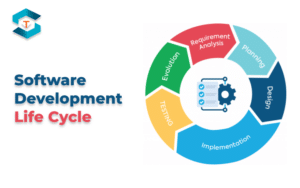An efficient blockchain is one that effectively balances several key factors to optimize its performance, scalability, security, and resource utilization while maintaining its core principles of decentralization and immutability. Achieving efficiency in blockchain involves several strategies and considerations:
Consensus Mechanisms:
The consensus algorithm used in a blockchain significantly impacts its efficiency. Proof of Work (PoW), while secure, consumes a lot of energy. Other mechanisms like Proof of Stake (PoS), Delegated Proof of Stake (DPoS), Proof of Authority (PoA), or Proof of Space/Time aim to improve efficiency by requiring fewer computational resources.
Scalability Solutions:
Blockchain networks face scalability challenges as they grow. Implementing solutions like sharding, sidechains, off-chain transactions (like the Lightning Network for Bitcoin), and state channels can improve scalability by processing more transactions per second without burdening the main chain.
Optimized Smart Contracts:
Smart contracts execute on the blockchain and can impact its efficiency. Writing efficient code, reducing unnecessary computations, and optimizing gas fees (in Ethereum and similar blockchains) can enhance the efficiency of smart contracts.
Layer 2 Solutions:
These are protocols built on top of a blockchain to enhance its capabilities without altering the underlying consensus mechanism. Examples include Plasma, Raiden (for Ethereum), and the Lightning Network (for Bitcoin).
Interoperability and Standards:
Developing standards and protocols that allow different blockchains to communicate and interact seamlessly can improve efficiency by enabling interoperability between various networks.
Improved Network Infrastructure:
Ensuring a robust network infrastructure with high-performance nodes, optimized peer-to-peer communication, and efficient data storage mechanisms can enhance blockchain efficiency.
Governance and Upgrades:
Having a well-defined governance model for protocol upgrades and changes can enable quicker adoption of improvements and innovations in the blockchain network.
Security Measures:
Implementing robust security measures, such as encryption, multi-factor authentication, and regular security audits, is crucial to prevent attacks and maintain the integrity of the blockchain while ensuring efficient operations.
Reducing Confirmation Times:
Minimizing the time required for transaction confirmations enhances the user experience and overall efficiency of the blockchain network.
Energy Efficiency:
Energy consumption is a significant concern, especially for Proof of Work blockchains like Bitcoin. Transitioning to more energy-efficient consensus mechanisms or exploring renewable energy sources for mining operations can improve overall efficiency.
Efficiency in blockchain is a multifaceted challenge that involves technological, economic, and environmental considerations. Striking a balance between security, decentralization, scalability, and resource consumption is crucial in designing and operating an efficient blockchain network.





